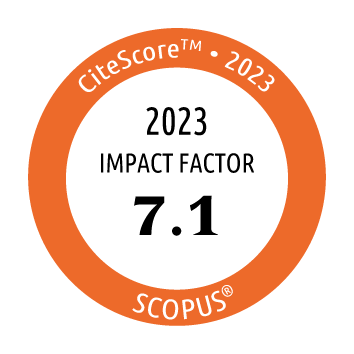Return to content in this issue
Quality Standards for Allergen Immunotherapy Clinics in Spain: Consensus Document
Tabar AI1, Núñez Acevedo B2, Beitia Mazuecos JM3, Fernández Ibáñez E4, Garde Garde J5, Hernández Fernández de Rojas D6, De Luque Piñana V7, Ojeda Fernández P8, Reaño Martos M9, Rodríguez Fernández F10, Roger Reig A11, Andrés Martínez J12, Moreno Aguilar C13, Vidal C14
1Allergy Department, Complejo Hospitalario de Navarra, Pamplona, Spain
2Allergy Department, Hospital Infanta Sofía Madrid, Madrid, Spain
3Hospital Universitario de Guadalajara, Guadalajara, Spain
4Allergy Department, Hospital Universitario de Álava, Álava, Spain
5Hospital General Universitario de Elche, Alicante, Spain
6Allergy Department, Hospital Universitario La Fe, Valencia, Spain
7Hospital Universitario Virgen Macarena, Sevilla, Spain
8Director, Clínica Ojeda, Madrid, Spain
9Hospital Universitario Puerta de Hierro, Madrid, Spain
10Hospital Universitario Marqués de Valdecilla, Santander, Spain
11Allergy Unit, Hospital Universitari Germans Trias i Pujol de Badalona, Barcelona, Spain
12GOC Networking, Barcelona, Spain
13Allergy Clinical Management Unit, Hospital Universitario Reina Sofía, Córdoba, Spain
14Allergy Department, Complejo Hospitalario Universitario de Santiago, Santiago de Compostela, Spain
J Investig Allergol Clin Immunol 2019; Vol 29(4)
: 272-279
doi: 10.18176/jiaci.0318
Background: Allergen immunotherapy clinics (AITCs) in Spain differ widely in terms of structure, organization, resources, and portfolio of services. Therefore, it is essential to unify treatment criteria and define quality standards for the most complex AITCs.
Objective: To establish a series of recommendations that make it possible to guarantee quality and safety in the administration of immunotherapy and define quality standards for the most complex AITCs.
Methods: This project began with an online survey of 65 allergy departments/units throughout Spain in 2013. Next, a 2-phase consensus process was carried out. In the first phase, 10 experts defined and agreed on the standards using the RAND/UCLA Appropriateness method; in the second, the agreements were validated by means of a 2-round Delphi consultation with 84 experts.
Results: Consensus was reached on minimum safety and quality criteria in the administration of allergen immunotherapy, and 2 levels of highly complex AITCs were defined: accredited AITCs and accredited AITCs with excellence. Consensus was also reached on quality standards and accreditation criteria for both levels.
Conclusions: This project is pioneering in terms of its purpose (the definition of quality standards for AITCs) and of the use of structured participation techniques (combination of the RAND/UCLA and Delphi methods). It enabled the design of minimum standards for quality and safety in administering AIT, as well as quality criteria for accreditation of AITCs supported by a broad panel of experts from the Spanish Society of Allergology and Clinical Immunology.
Key words: Allergens, Delphi, RAND/UCLA, Immunotherapy, Health care quality assurance




